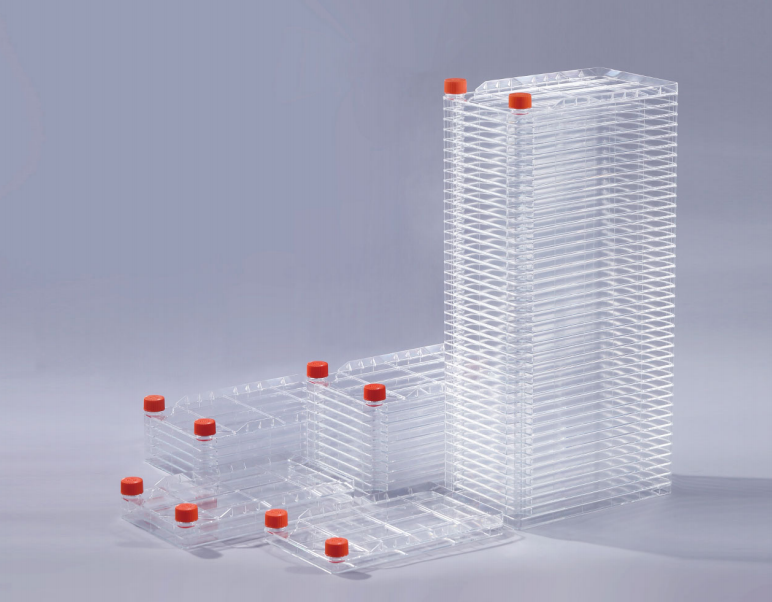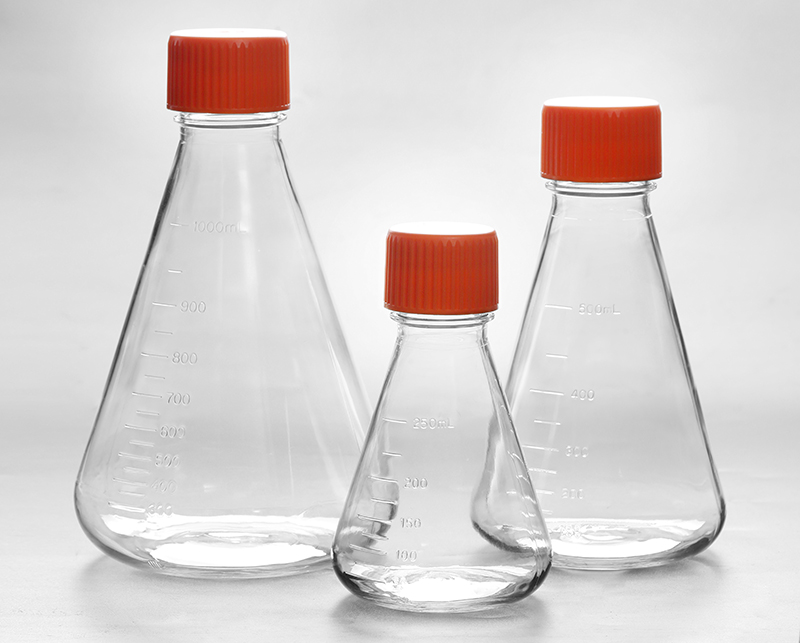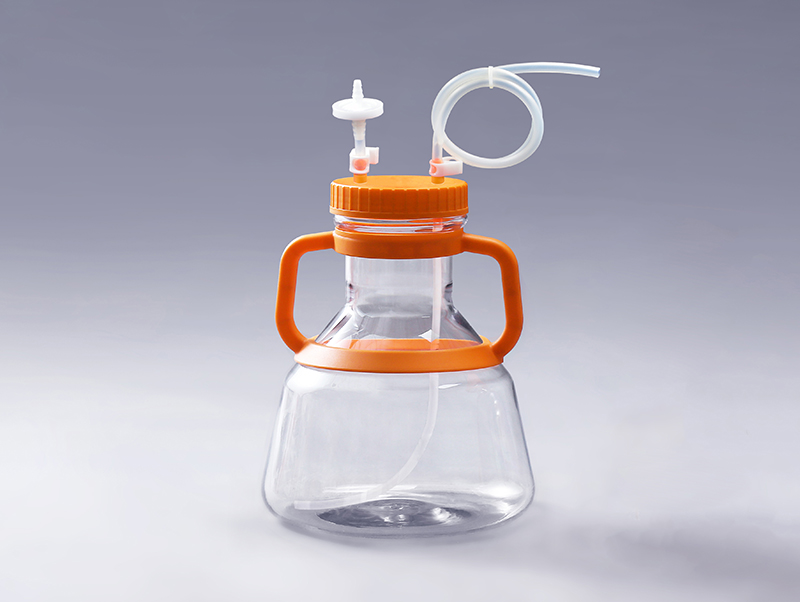您好!歡迎訪問洛陽富道生物科技有限公司官方網(wǎng)站!

T Cell Engaging Immunotherapies, Highlighting Chimeric Antigen Receptor (CAR) T Cell Therapy
T 細(xì)胞參與免疫療法,突出嵌合抗原受體 (CAR) T 細(xì)胞療法
The ultimate goal of T cell-engaging immunotherapy is to endorse the activity of a person’s own cytotoxic T cells in the tumor microenvironment, finally destroying cancer cells. Several types of immunotherapy are either approved for use or are under study in clinical trials to determine their effectiveness in treating various types of cancer. Chimeric antigen receptor (CAR) T cell therapy is rapidly emerging in the field and has shown unprecedented success in the treatment of hematological malignancies. It entails the collection of a patient’s T cells to genetically engineer them in the lab to express CARs that target surface antigens on tumors to help identify and eradicate the tumor. However, major issues remain to be solved to enable generalized CART cell therapies in the clinic. Novel approaches to tackle these problems are being developed rapidly and are reviewed in this publication.
T 細(xì)胞參與免疫療法的最終目標(biāo)是認(rèn)可一個人自身的細(xì)胞毒性 T 細(xì)胞在腫瘤微環(huán)境中的活性,最終摧毀癌細(xì)胞。幾種類型的免疫療法要么被批準(zhǔn)使用,要么正在臨床試驗中進(jìn)行研究,以確定它們在治療各種癌癥方面的有效性。嵌合抗原受體 (CAR) T 細(xì)胞療法在該領(lǐng)域迅速興起,并在治療血液系統(tǒng)惡性腫瘤方面取得了前所未有的成功。它需要收集患者的 T 細(xì)胞,在實驗室中對其進(jìn)行基因工程改造,以表達(dá)靶向腫瘤表面抗原的 CAR,以幫助識別和根除腫瘤。然而,在臨床上實現(xiàn)通用 CART 細(xì)胞療法的主要問題仍有待解決。

In addition to routinely applied procedures such as surgery, radiotherapy, and chemotherapy, immunotherapy is becoming a standard approach for cancer treatment. The most frequently used cancer immunotherapy approaches are summarized in Figure 1 and were recently reviewed [1,2]. Cancer immunotherapy aims to promote the activity of cytotoxic T cells within the tumor microenvironment by assisting in the priming of cytotoxic T cells in lymphoid organs and by establishing an efficient and durable antitumor immune response. Generally, three types of T cell-engaging immunotherapies are currently applied in the clinic: immune checkpoint inhibitors (ICI), bispecific T cell engagers (BiTEs), and genetically modified T cells, especially those expressing a chimeric antigen receptor (CAR). In this review, we briefly introduce ICI and BiTEs and mainly focus on the CAR T cell technology, which has lately innovated cancer immunotherapy. The latter strategy uses synthetic CARs to more specifically target cancer cells. Impressive progress has been made in the treatment of hematological malignancies, translated in the FDA approval of several CD19 CAR T therapies [3,4,5,6]. However, considerable challenges still remain for use of CAR T cell therapy to treat solid tumors, preventing them of being approved for use in the clinic. This is mainly due to the hostile tumor microenvironment and CAR-related toxicities, and many approaches have already been explored to overcome these obstacles, on which we further elaborate in the text.
除了手術(shù)、放療和化療等常規(guī)應(yīng)用程序外,免疫療法正在成為癌癥治療的標(biāo)準(zhǔn)方法。圖 1總結(jié)了最常用的癌癥免疫治療方法,最近對其進(jìn)行了綜述 [ 1 , 2]。癌癥免疫療法旨在通過協(xié)助啟動淋巴器官中的細(xì)胞毒性 T 細(xì)胞并建立有效且持久的抗腫瘤免疫反應(yīng)來促進(jìn)腫瘤微環(huán)境中細(xì)胞毒性 T 細(xì)胞的活性。一般來說,目前臨床上應(yīng)用了三種類型的 T 細(xì)胞參與免疫療法:免疫檢查點抑制劑 (ICI)、雙特異性 T 細(xì)胞接合劑 (BiTE) 和轉(zhuǎn)基因 T 細(xì)胞,尤其是那些表達(dá)嵌合抗原受體 (CAR) 的 T 細(xì)胞。在這篇綜述中,我們簡要介紹了 ICI 和 BiTE,主要關(guān)注最近為癌癥免疫治療帶來創(chuàng)新的 CAR T 細(xì)胞技術(shù)。后一種策略使用合成 CAR 來更具體地靶向癌細(xì)胞。血液系統(tǒng)惡性腫瘤的治療取得了令人矚目的進(jìn)展,3、4、5、6 ]。_ _ _ _ _ 然而,使用 CAR T 細(xì)胞療法治療實體瘤仍然存在相當(dāng)大的挑戰(zhàn),從而阻止它們被批準(zhǔn)用于臨床。這主要是由于不利的腫瘤微環(huán)境和 CAR 相關(guān)的毒性,并且已經(jīng)探索了許多方法來克服這些障礙,我們將在正文中進(jìn)一步闡述。

T cell-based cancer immunotherapies have emerged as a powerful tool in oncology. Nonetheless, it has taken many years of basic scientific research and subsequent translation to the clinic in order to demonstrate the power of immune system manipulation for the treatment of cancer. Further research into how T cells are regulated and their interplay with other immune cells such as DCs and NK cells will allow us to increase the strength of this approach even further. Thanks to the rapid development of genome editing technology, it is feasible to evaluate ambitious concepts, and to apply novel and often revolutionary clinical approaches. Although various challenges associated with CAR T cell therapy still remain to be solved, the overall great promise is supported by encouraging clinical results and the ongoing research in this field offers hope for the clinical application of cell therapies for cancer as routine rather than investigational strategies at the margins of frontline treatment.

基于 T 細(xì)胞的癌癥免疫療法已成為腫瘤學(xué)的有力工具。盡管如此,它還是需要多年的基礎(chǔ)科學(xué)研究和隨后的臨床轉(zhuǎn)化,才能證明免疫系統(tǒng)操作在治療癌癥方面的力量。進(jìn)一步研究如何調(diào)節(jié) T 細(xì)胞以及它們與其他免疫細(xì)胞(如 DC 和 NK 細(xì)胞)的相互作用將使我們能夠進(jìn)一步提高這種方法的強度。由于基因組編輯技術(shù)的快速發(fā)展,評估雄心勃勃的概念并應(yīng)用新穎且經(jīng)常是革命性的臨床方法是可行的。盡管與 CAR T 細(xì)胞療法相關(guān)的各種挑戰(zhàn)仍有待解決。
關(guān)鍵詞:chimeric antigen receptor,CAR, T cell,immunotherapy,嵌合抗原受體,汽車,T細(xì)胞,免疫療法
來源:MDPI https://www.mdpi.com/2072-6694/13/23/6067/htm

上一篇: 細(xì)胞工廠檢測方法